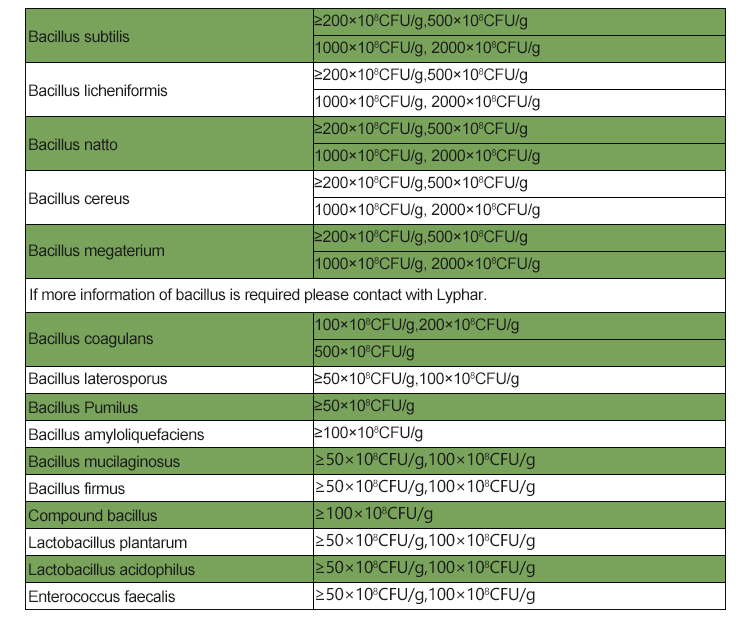Bacillus thuringiensis (Bt) is a bacterium widely known for its use as a biological pesticide. Advances in gene study related to Bt have focused on several key areas:
- Cry Proteins: Researchers have been studying the genes responsible for the production of Cry proteins, which are toxic to certain insect larvae. Genetic modifications and sequencing of these genes have led to the identification of new Cry proteins with varying specificity and efficacy against different pests.
- Genomic Sequencing: The complete genomic sequencing of Bacillus thuringiensis strains has provided insights into their genetic diversity, allowing for the identification of novel genes associated with insecticidal activity. This can facilitate the development of more effective biopesticides.
- Synthetic Biology: Advances in synthetic biology enable the engineering of Bacillus thuringiensis strains to enhance their insecticidal properties or to express multiple Cry proteins simultaneously. This can broaden their spectrum of activity against various pests and reduce the likelihood of resistance development.
- Resistance Management: Understanding the genetic basis of resistance in target insect populations has become crucial. Studies on the genetic mechanisms of resistance can inform strategies for integrating Bacillus thuringiensis with other pest management practices to prolong its effectiveness.

- Biocontrol Applications: The exploration of Bacillus thuringiensis’s potential beyond insect pests, such as its use against plant pathogens and in bioremediation, is gaining attention. Genetic studies are helping to uncover how Bt can be optimized for these additional roles.
- Field Studies and Ecological Impact: Research is also focused on the ecological impact of Bacillus thuringiensis, including its effects on non-target organisms and its persistence in the environment. Genetic studies help in assessing the safety and efficacy of Bt-based biopesticides.
These advancements have the potential to improve agricultural sustainability and reduce reliance on chemical pesticides while ensuring that Bacillus thuringiensis remains a valuable tool in pest management.
Advances in fermentation technology of Bacillus Thuringiensis
Bacillus thuringiensis (Bt) is a bacterium widely known for its insecticidal properties, particularly in agriculture. Advances in fermentation technology for Bt involve several key areas:
- Strain Improvement: Genetic engineering and selective breeding have enhanced the efficacy and stability of Bacillus thuringiensis strains. This includes modifications to increase the production of insecticidal proteins.
- Fermentation Optimization: Improved fermentation techniques, such as fed-batch and continuous fermentation systems, allow for higher cell densities and increased yield of the desired proteins. Optimizing factors like pH, temperature, and nutrient supply can significantly enhance production efficiency.
- Scale-Up Processes: Innovations in bioreactor design, including more efficient mixing and aeration, enable large-scale production while maintaining optimal growth conditions for Bacillus thuringiensis.

- Downstream Processing: Advances in purification techniques, such as membrane filtration and chromatography, improve the recovery of Bacillus thuringiensis toxins and reduce production costs.
- Biopesticide Formulation: New formulations, such as microencapsulated products or combinations with other biocontrol agents, enhance the stability and efficacy of Bacillus thuringiensis products in various environmental conditions.
- Sustainable Practices: Increasing emphasis on sustainability has led to the development of fermentation processes that minimize waste and utilize renewable resources, making Bacillus thuringiensis production more environmentally friendly.
These advancements help in developing more effective biopesticides that can contribute to sustainable agriculture by reducing reliance on chemical pesticides.
